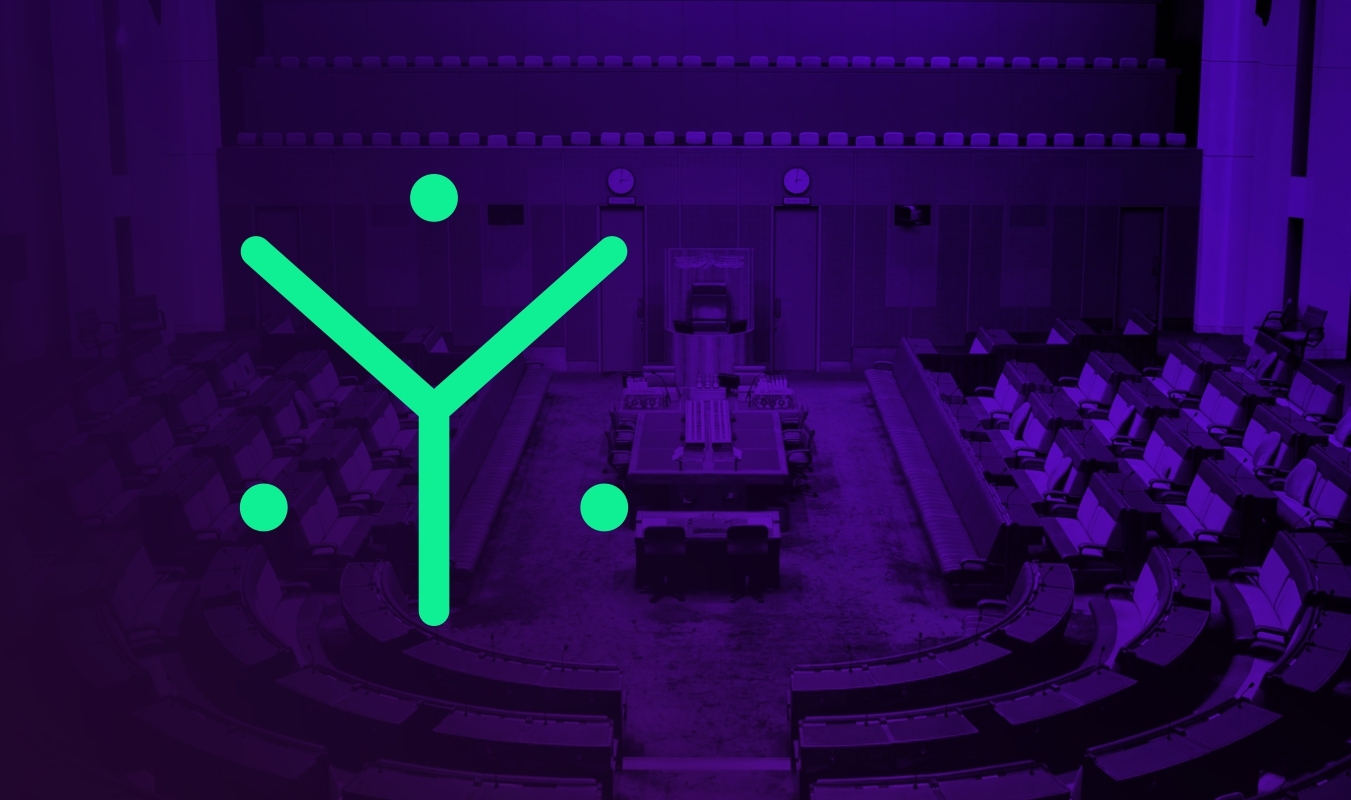This is not the only example of how the defendant is trying to stretch the timeline regarding the consideration of the case on the cancellation of sanctions against Synesis, because even if the company wins in court, the company would remain under sanctions due to the owner of Synesis, Alexander Shatrov, included in the sanctions list. The court case to cancel the sanctions against the company is now in the EU court. The lawsuit was filed on February 16 – within 2 months (according to the law) after the company was included in the sanctions list. In order for both parties to be as prepared as possible for the court hearing, correspondence is maintained between them regarding the circumstances of the case, which takes up to 6 months, not counting the time spent on the paperwork for registering and sending the parties’ responses. At the same time, the defendant does everything to use this term to the maximum.
We expected to receive the first response from the EU Council in mid-April. However, at the end of February the European Union slightly changed the wording on the inclusion of Synesis in the sanctions list. Because of this, the company was forced to file a so-called modification (change in the lawsuit), because there was a risk of remaining on the sanctions list under the changed wording even if it won the first lawsuit. The modification filing extended the pre-trial correspondence period for another two months: due to the changes made, the first response from the Council of the EU should have been sent no later than June 17, but at the time of writing it was not received. The personal sanctions against Shatrov are another attempt to extend the sanctions against the company even if Synesis wins the trial.
Regardless of the prolongation of the deadlines and the emergence of personal sanctions, we are confident in an objective consideration of the case to cancel the sanctions against Synesis in the European court.
- Why tech company could get into EU sanction list, or how fakenews in business affects political decisions
- The accusatory wording of the EU Council: how did it come about, and what does it mean?
- Kipod and new fakes from popular Telegram channels
- Is Kipod being used to identify protesters? Response to ByPol’s New Statement
